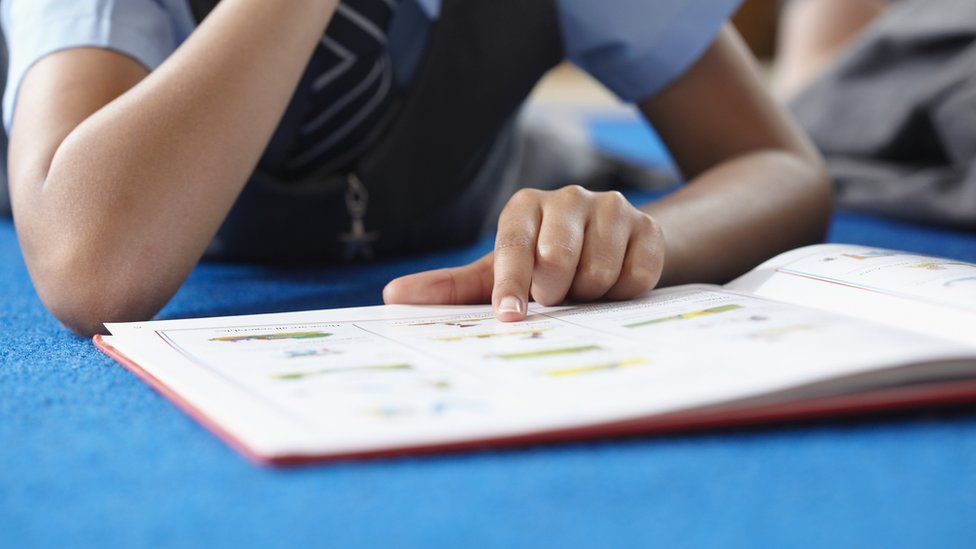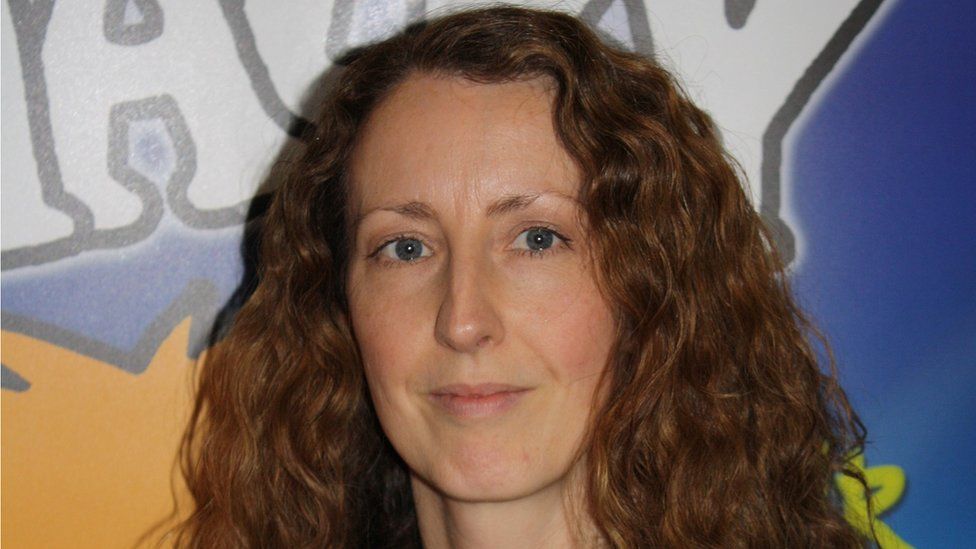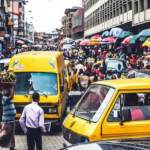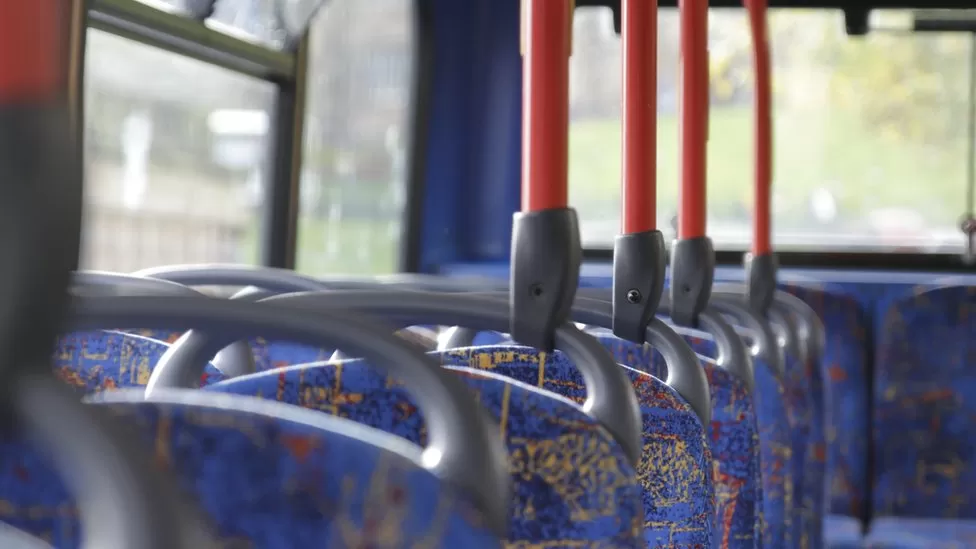One of the pupils was prevented from attending school for long periods and access was hindered for the other.

It was found both pupils were “treated differently to other children in the state” because of their disability.
The EA said it would “take on board all learnings from these cases”.
The legal action was brought by the Children’s Law Centre (CLC), acting on behalf of the pupils.
Both cases were subject to anonymity orders so the children cannot be identified.
However, some details of the cases, which both involved clinically vulnerable and profoundly disabled children, can be reported.
Both were denied transport to school during the Covid-19 pandemic as they had serious respiratory conditions which required ventilation and this was said to pose a risk to drivers.
In the first case, the child was unable to go to school for two years as their parent had no means of transport to get her there.
As a result she was unable to enter either primary one or primary two, though she did receive some education at home from the EA from February 2022.
After a two-year delay, she was eventually able to start school in September 2022 following the provision of appropriate transport by the EA.
‘She loves school’
The parent of the child told BBC News NI that being able to attend school had changed their daughter’s life.
“She would have been up 90% of the night when she couldn’t go to school as she wasn’t getting physically tired,” they said.
“We put her to bed but then she would get up between midnight and 02:00 GMT and that was her awake.
“As soon as she started school she was like a different child.
“She loves school and all of the activity she does.”

In the second case, the parent had to drive their child to school each day, with a healthcare assistant and equipment, due to the failure of the EA to provide appropriate transport from 24 February 2021 until June 2022.
The parent of that pupil said their child was “made to feel different”.
“I brought my child’s case to the attention of the Children’s Law Centre as I felt no person or child should be treated differently due to their disability and medical requirements and excluded from transport and vital education and learning with their peers,” they said.
“This declaration will hopefully promote learning from public bodies and understanding that all children should be treated inclusively.”
‘Equality of opportunity’
The EA agreed to declarations that in both cases it had breached the human right not to be denied education under Article Two of Protocol One of the European Convention on Human Rights (ECHR) for reasons related to the child’s disability.
Both children now have appropriate transport from the EA and are attending school.
In a statement, a spokesperson for the EA told BBC News NI that: “Whilst we cannot comment on individual pupils, we will take on board all learnings from these cases and are firmly committed to the principle of equality of opportunity for all pupils.”
“Supporting our children and young people to not only access but thrive in education remains our priority,” they continued.

Rachel Hogan, from the Children’s Law Centre, said that the human rights declarations in both cases were “landmark declarations”.
“Whilst this case is an education case arising from unmitigated harm to disabled children arising from Covid restrictions, there is a much wider point,” she said.
“These barriers to equality represent a system-wide failure of equality for disabled people and their families which is not confined to the education sphere.
“Disabled children deserve and are entitled to equal treatment and equality of opportunity in all aspects of life.
“The EA’s acknowledgement of human rights breaches in these cases is welcome.
“It is the mark of a public authority which is willing to be held accountable by acknowledging fundamental failings in order to enable changes to take place to put these right.”
Source: https://www.bbc.com/




















Add Comment